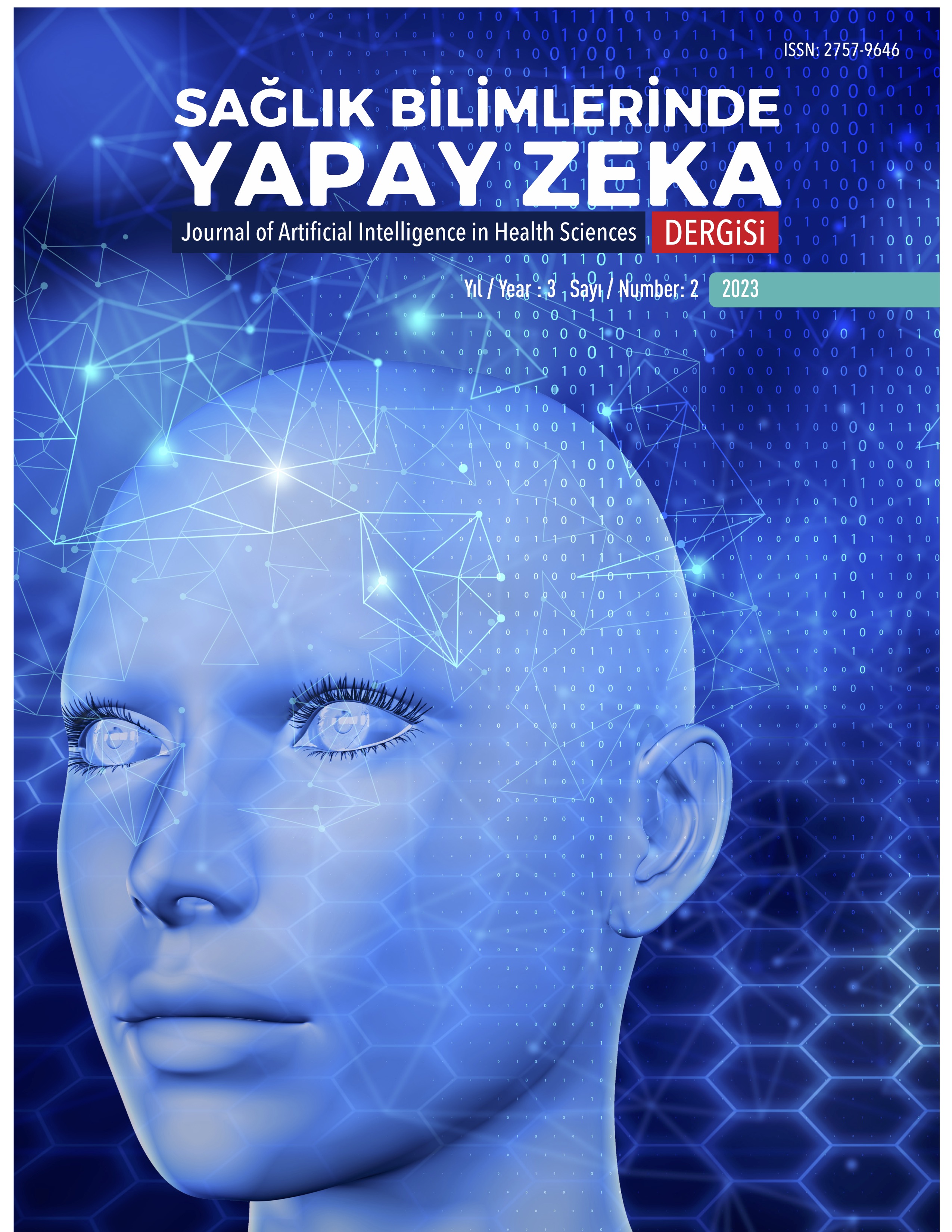CONSIDERATIONS FOR THE ETHICAL DESIGN, IMPLEMENTATION AND USE OF ARTIFICIAL INTELLIGENCE TECHNOLOGIES FOR HEALTH
DOI:
https://doi.org/10.52309/jaihs.2023.18Abstract
Dear Readers, Technological developments that have increased rapidly in recent years continue to revolutionize the field of health as well as in many other fields. Being at the center of this revolution, Artificial Intelligence (AI) has great potential in different stages of health care such as diagnosis, treatment and management of patient care, and in the field of medicine. The use of artificial intelligence technologies in the healthcare industry can provide a wide range of benefits, from definitive diagnoses to personalized treatment plans. However, strict adherence to ethical principles during the design, implementation and use of these technologies is a critical requirement. Medical ethics has a fundamental role to play in gaining the trust of patients, providing the right guidance from healthcare professionals, and enabling technology providers to fulfill their responsibilities. WHO worked with a group of twenty leading experts to identify key principles for promoting ethical use in artificial intelligence and produced the “Ethics and Governance of Artificial Intelligence for Health” guidance document. The document contains the first consensus principles in this area. The six key principles identified by the WHO Expert Group are: (1) Maintaining autonomy; (2) Promoting human welfare, human security and the public interest; (3) Ensuring transparency, explainability and intelligibility; (4) promoting responsibility and accountability; (5) Ensuring inclusion and equality; (6) Promoting responsive and sustainable AI. The text titled “Considerations for the Ethical Design, Implementation and Use of Artificial Intelligence Technologies for Health” that we have shared with you, reflects the summary of the main principles, ideas and recommendations in the report for AI designers and developers, ministries of health and healthcare institutions and providers. We hope this work contributes to building a future where the use of AI in healthcare serves the best interests of both patients and the healthcare ecosystem. regards
Downloads
Published
Versions
- 2023-09-03 (3)
- 2023-09-02 (2)
- 2023-09-02 (1)
Issue
Section
Categories
License
Copyright (c) 2023 Journal of Artificial Intelligence in Health Sciences

This work is licensed under a Creative Commons Attribution-NonCommercial-NoDerivatives 4.0 International License.
izmir Katip Çelebi Üniversitesi tarafından yayınlanmaktadır.






